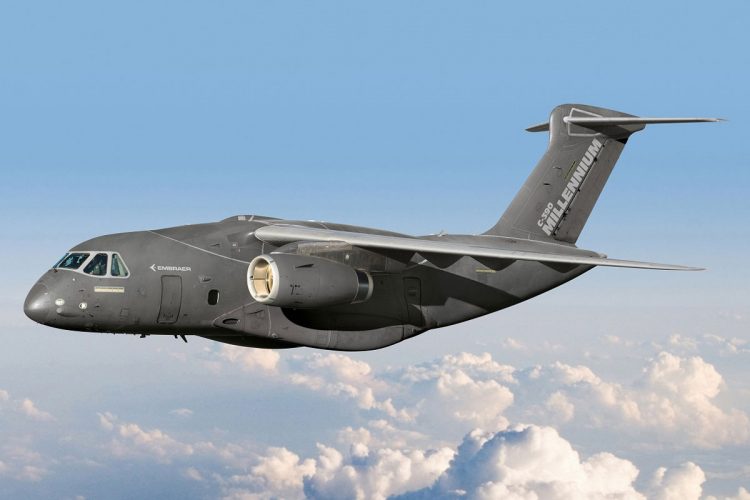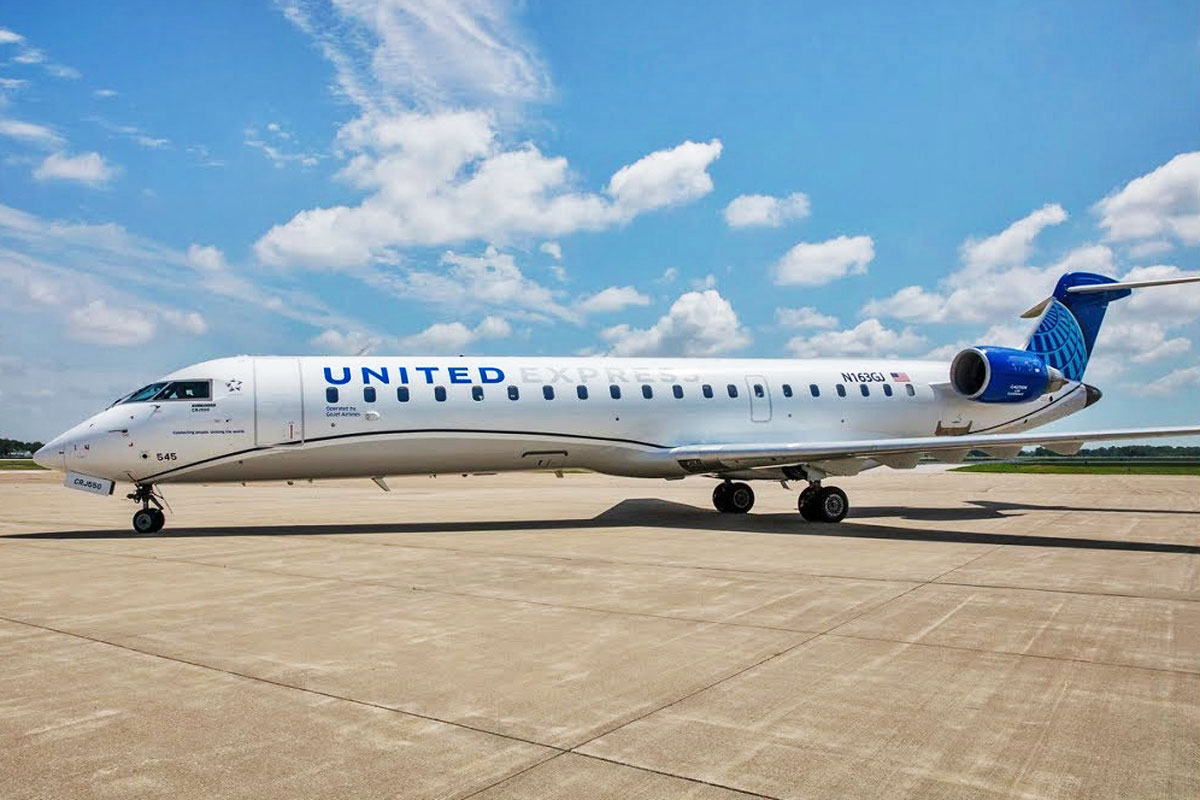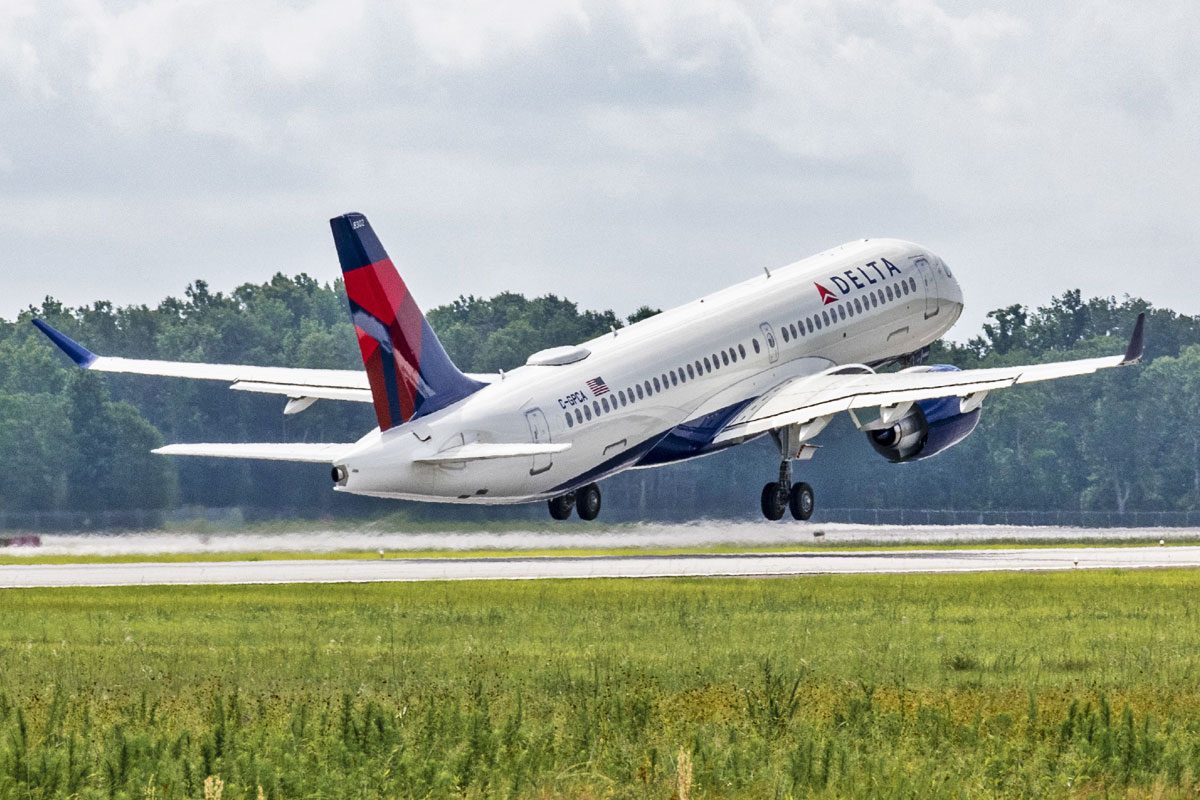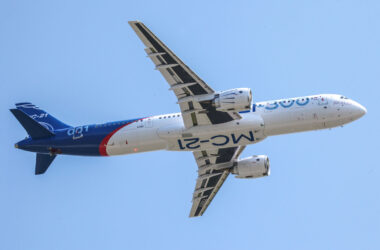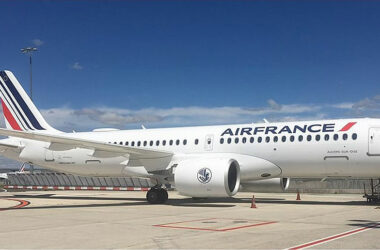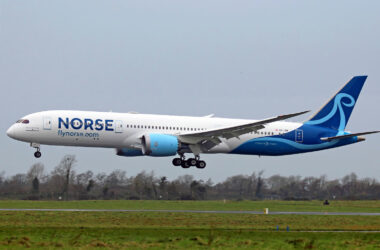Previously treated as a crucial project for its future, the frustrated partnership with Boeing in commercial aviation and the C-390 freighter jet program has come to be considered irrelevant by Embraer. During the presentation of results in the first quarter of 2020, the Brazilian manufacturer was optimistic and admitted that it is negotiating potential partnerships with Chinese and Indians.
In an interview, its leaders indicated that the financial situation is comfortable despite the accumulated losses in 2020, of $292 million. Embraer claims that there is enough cash and that it has managed to avoid cancellations of its aircraft orders, although it has postponed several deliveries.
Regarding rumors of conversations with other manufacturers, Embraer’s CEO Francisco Gomes Neto acknowledged that they are reviewing the strategic plan for the next five years and that China, India and other countries “are potential partners, depending on the business model”.
Gomes Neto cited the design of a new generation turboprop aircraft as a “good candidate for a partnership”, but it is too early to discuss details.
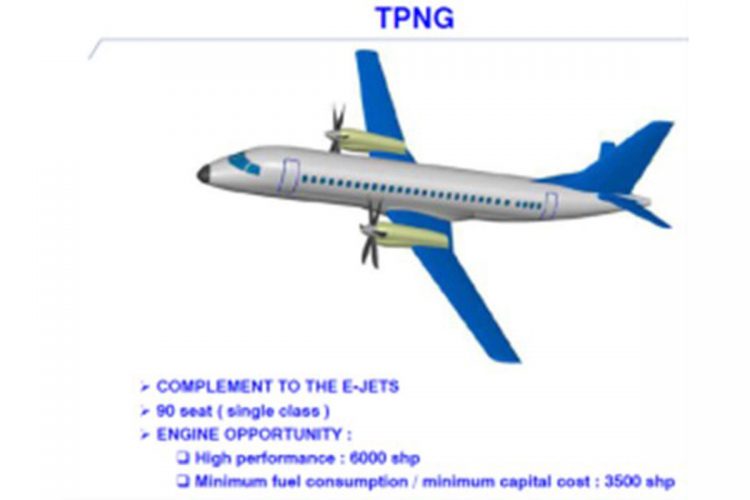
Embraer believes that the second quarter will still be quite bad, but sees a recovery in the second half. The company reinforced its impression that regional planes such as the E-Jet family will lead the way for the recovery of commercial aviation.
US is not the C-390 market
Asked about the future of the C-390, a military freighter that entered service last year by the Brazilian Air Force, Embraer explained that the United States was not included in the aircraft’s business plan. Boeing had proposed a joint venture to offer the aircraft on the international market, but with a 49% stake, and even considered maintaining this project.
The company’s CEO admitted that new partnerships on the C-390 may emerge, but that it is still necessary to analyze possible alternatives. Unlike commercial airplanes, an agreement with Russia or China would have great potential to be stopped by the US government on account of sensitive components supplied by companies in the country.
